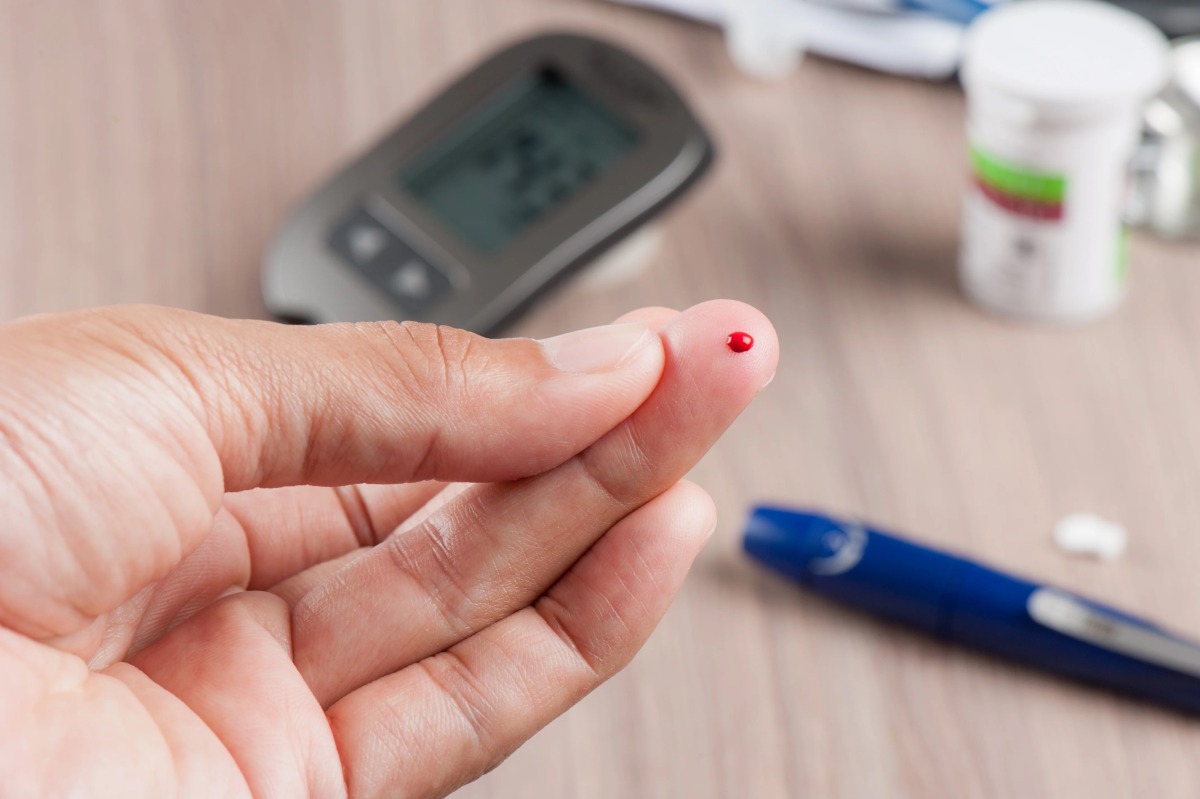A recent study conducted by researchers at Weill Cornell Medicine-Qatar (WCM-Q) has shed light on the dysregulation of long non-coding RNA (lncRNA) gene expression pathways in monocytes of patients with type 2 diabetes (T2D) who also have cardiovascular disease (CVD). The research, led by Dr. Charbel Abi Khalil, aimed to investigate the changes in lncRNA genes induced by diabetes in T2D patients with CVD, long-duration diabetes, and poor glycemic control.
Monocytes are a type of white blood cell that play a crucial role in the development of cardiovascular complications in T2D patients. The study utilized advanced techniques such as paired-end RNA sequencing on monocytes from both non-diabetic controls and T2D patients with varying degrees of vascular disease. The researchers sorted monocytes from peripheral blood, purified their RNA, and sequenced it to identify differentially expressed genes (DEGs) and lncRNAs associated with diabetes-related expression networks.
The findings of the study revealed two significantly upregulated lncRNAs and one downregulated lncRNA in T2D patients compared to non-diabetic controls. Pathway analysis on DEGs indicated networks affecting cellular movement, growth, and development. Co-expression analysis further identified a key diabetes network-associated lncRNA. Additionally, specific lncRNAs were found to be associated with long-duration diabetes and poor glycemic control.
Dr. Abi Khalil emphasized the importance of this research in enhancing our understanding of the molecular mechanisms linking T2D with cardiovascular disease. The identification of dysregulated lncRNAs and their associated pathways provides valuable insights into the pathophysiology of these conditions and opens up new possibilities for targeted therapeutic interventions. The study was funded by the Biomedical Research Program (BMRP) at WCM-Q and approved by the Institutional Review Board of WCM-Q and HMC.
The paper detailing the research findings, titled ‘Dysregulation of long non-coding RNA gene expression pathways in monocytes of type 2 diabetes patients with cardiovascular disease,’ was published in the prestigious medical journal Cardiovascular Diabetology. This study represents a significant advancement in our knowledge of the molecular mechanisms underlying the relationship between T2D and CVD, and could potentially lead to the development of new therapeutic strategies for these conditions.











